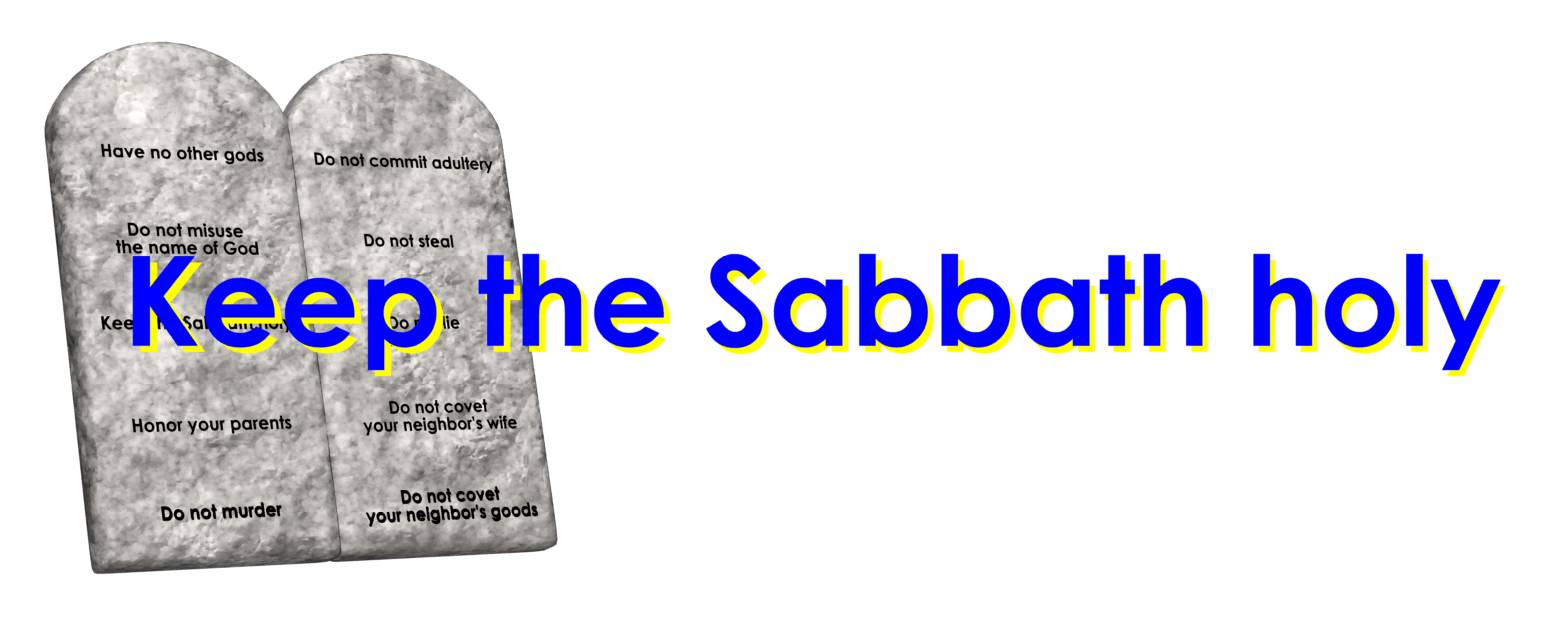Matthew 12:1–14, On the Sabbath. (See also Mark 2:23–28; also see note on John 5:18.) From this passage, many Christians reason that since Yeshua is the Lord of the Sabbath, it was therefore permissible for him to break it. Does this passage substantiate this line of reasoning from Hebraic thought? Let’s examine this issue.
First, there is no law in the Torah prohibiting picking food to eat as one is walking along the way. This is not harvesting a field — something which is work, and is thus forbidden on the Sabbath. Instead, Yeshua was violating a non-biblical, man-made Jewish legal regulation.
Moreover, this scripture teaches us that there are levels of Torah laws, and some laws take precedence over others. For example, the priests technically violated the Sabbath during the tabernacle and temple service, but were guiltless because Torah commanded them to do certain things on the Shabbat that otherwise would have been forbidden. The Talmud explains this by saying that whenever a positive commandment and a negative commandment contradict, the positive commandment takes precedence over or supersedes the negative one (b. Shabbat 133a). What Yeshua is teaching in this passage is that the temple service trumps the Sabbath, and human need or saving life (i.e., the ox-in-the-ditch scenario) trumps the temple service. This view is confirmed by the Jewish sages (b. Yoma 85b). In verse six, when Yeshua said, “But I say unto you, that in this place is one [a supplied word and not found in the Greek] greater than the temple” he is not saying that he is greater than the Sabbath, and hence it is permissible for him to break it. If this were true, then two things would be true which contradict the Scriptures: a) It is permissible for Yeshua to sin, for sin is the violation of the Torah, and b) YHVH magnifies his word above his name (Ps 138:2); therefore, he’s obeying his own word (making him a liar!) by breaking the Sabbath, which he commanded men to keep (Exod 20:8–11, the fourth commandment). What Yeshua is really saying here is that the thing greater than the temple was the hunger of his disciples.
Furthermore, Leviticus 18:5 states, “You shall therefore keep my statutes, and my judgments: which if a man do, he shall live in them.” The Jewish sages take this to mean that a commandment can be set aside to save life (again, the ox-in-the-ditch scenario). The saving of a life trumps the keeping of the commandment, since this verse says that man is to “live by [the Torah]” not die by it. Therefore, it is permissible to “violate” the Sabbath to preserve life. In fact, the sages go so far as to say that any commandment could be broken to save a life except those against murder and sexual immorality (b. Sanhedrin 74a).
This is why Yeshua quotes Hosea 6:6 that YHVH desires mercy (or loving-kindness), not sacrifice; the knowledge of Elohim, not burnt offerings (Matt 12:7). The heart and spirit of the Torah, in Yeshua’s thinking, are the weightier matters of the Torah although they do not replace the letter of the Torah. In Yeshua’s mind, to properly keep the Torah, one needs to keep both the letter and the spirit (Matt 23:23).
On several occasions, Yeshua used the Hosea 6:6 passage to teach us that love, compassion and mercy for one’s fellowman takes precedence (at times) over fulfilling the letter of the law, although this is not a justification for habitually and intentionally violating the Torah (Matt 9:12–13; Mark 12:33; Luke 10:36–37). Paul echoes this truth about the preeminence of love in the famous chapter on love in 1 Corinthians 13. There we learn that all manner of spiritual activity is meaningless in the eyes of Elohim if it is not accompanied with love.
In Mark 2:23–28 (the corollary passage to Matthew 12:1–7), Yeshua declares, “The Sabbath was made for man, and not man for the Sabbath; therefore, the Son of Man is Lord also of the Sabbath” (verses 27–28).
Yeshua is greater than the Sabbath because he is the lord of the Sabbath, for he created the Sabbath (verse 8), and because he was the perfect epitome of walking out both the letter and spirit of the Torah. Whatever he was doing on the Sabbath, it wasn’t a violation of the Sabbath’s no work principle. Also, saving life was greater than the temple service, as is Yeshua who was the Living Torah-Word of Elohim incarnate.






